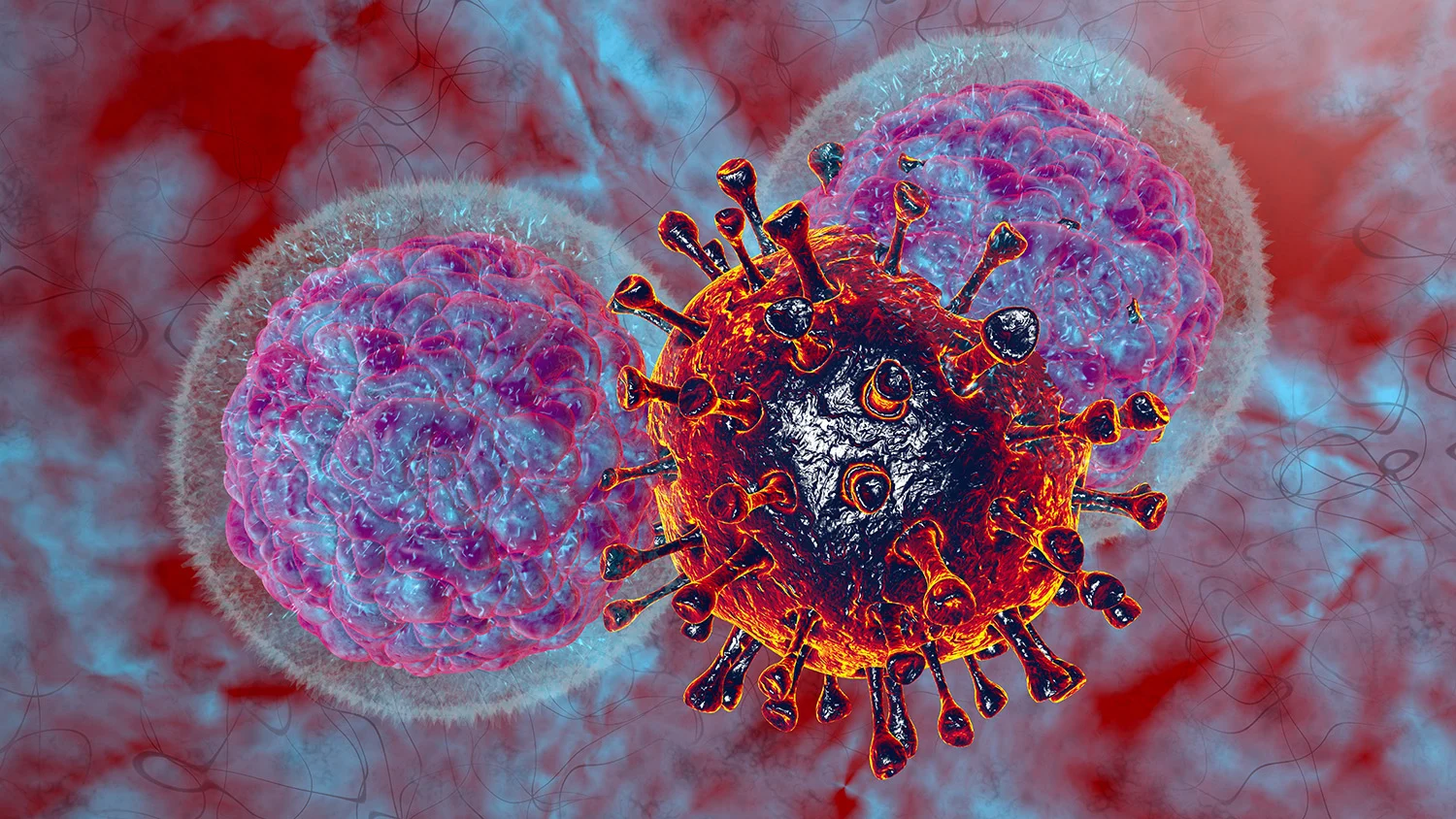Calls for Ukraine
Calls for Europe
Calls for USA

Researchers from Tel Aviv University have identified an unknown mechanism in breast cancer progression that reprograms immune cells.
Scientists have shown that in late stages of breast cancer, cells of the innate immune system – neutrophils – instead of attacking the tumor, begin to support its growth and promote the development of metastases. The work is published in the journal Nature Cancer.
By analyzing intercellular interactions, the researchers found that cancer cells trigger a kind of defense cascade. They activate macrophages (other cells of the innate immune system). Macrophages attract neutrophils to the tumor microenvironment and reprogram their function.
These neutrophils come into contact with the cancer cells and secrete substances that promote tumor growth, the formation of new blood vessels, and the suppression of the immune response. In other words, the cancer cells make their enemy – the immune system – work for themselves.
In experiments on mouse models, it was found that suppression of neutrophil activity significantly reduces tumor growth and blood vessel development. Analysis of clinical data from patients with late-stage breast cancer confirmed that high neutrophil activity leads to exacerbation of the disease.
The scientists concluded that at late stages of breast cancer, high neutrophil activity is a biomarker of the aggressive course of the disease. The study opens new prospects for the development of drugs targeting the interaction between neutrophils and tumor cells. Scientists plan to create diagnostic tools based on neutrophil molecular profiles.
Lead author of the paper Prof. Merav Cohen notes: “Our study reveals a previously underestimated cross-talk between neutrophils and tumor cells. The results can be used for both diagnostic and therapeutic purposes in aggressive breast cancer.”
Please rate the work of MedTour
